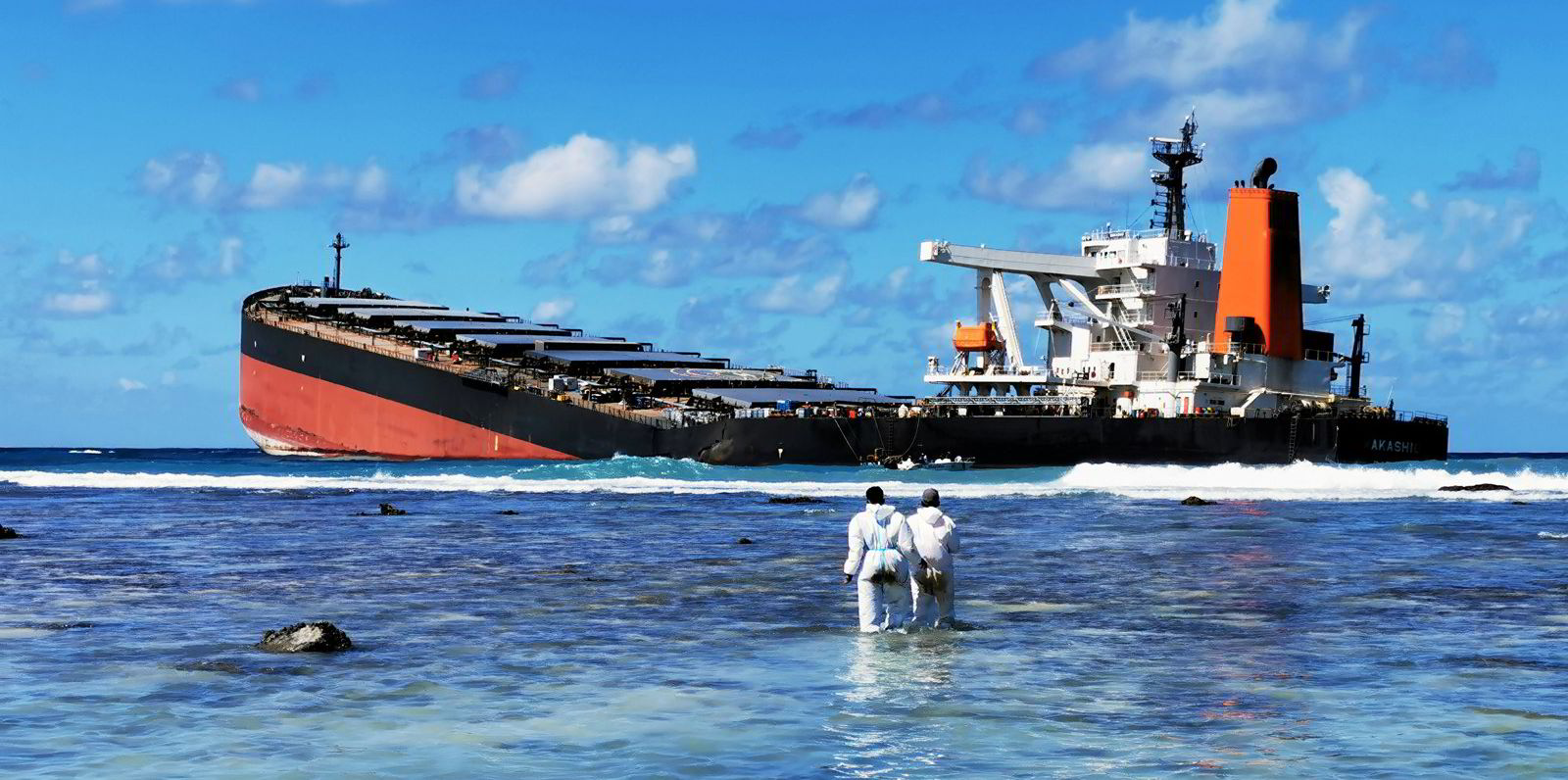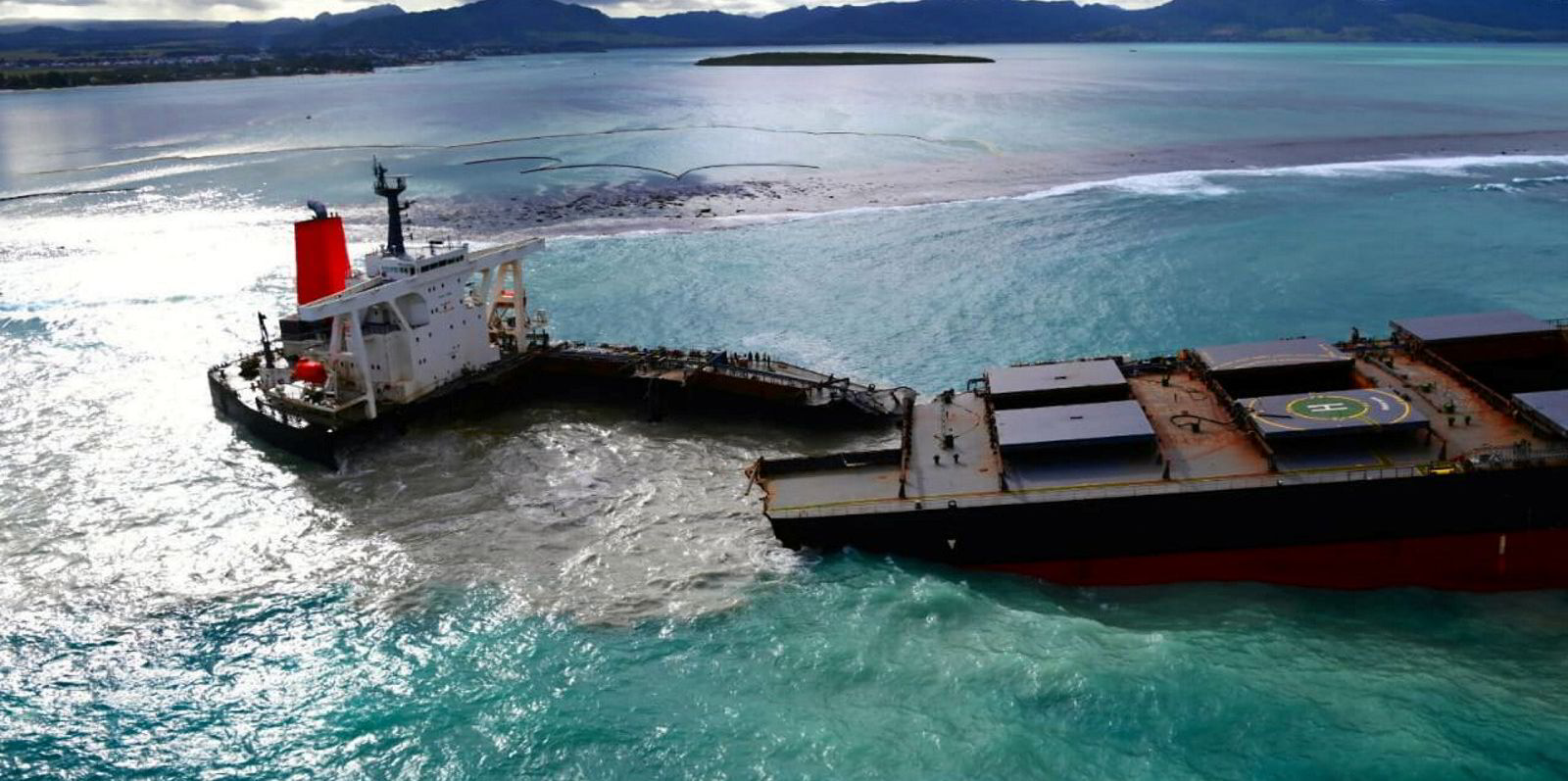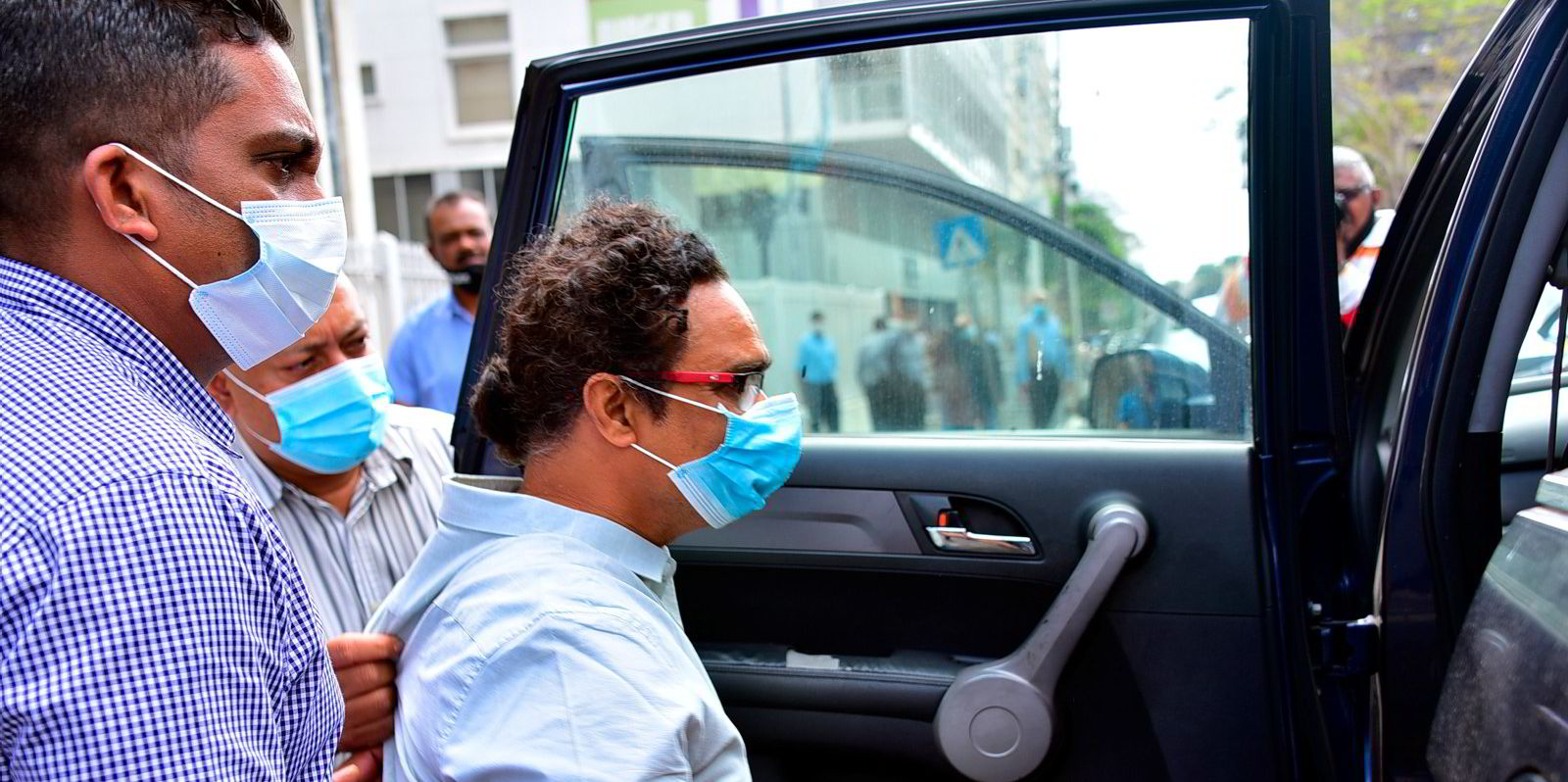Seafarers were rightly acclaimed as heroes of the pandemic for making sacrifices to keep world trade moving during a global lockdown. It appears a new caring attitude is emerging among employers over how seafarers should be treated in the workplace.
The pandemic has encouraged many owners to improve welfare provision and onboard facilities, and introduce mental health care and insurance.
But is the industry really any more sympathetic to the needs of seafarers than it was before Covid struck?
This week, Japan released the findings of its investigation into the grounding of the 203,000-dwt bulk carrier Wakashio (built 2007) off Mauritius in July 2020.
The report points out that the master’s decision to sail perilously close to the coastline in search of a mobile phone connection, without a detailed map, led directly to the ship grounding, with catastrophic consequences for the environment.
Negligent and hazardous
It was, a Mauritius court was to rule, a negligent and hazardous decision.
According to the Japanese report, the decision was partly taken because the officers on board the ship had done it before and got away with it.
A birthday party onboard the ship shortly before the grounding did not help the crew’s defence.
The massive pollution that devastated an environmentally sensitive region of the paradise island rightly fuelled anger against the officer’s flawed decision-making.
But here is what the Japanese report does not mention about the incident.
The Wakashio grounding happened in the middle of a pandemic that would have heightened the crew’s anxiety about their ability to get home and their need to communicate with family.
The report points out the satellite communication system on board did not contain a flat-rate charging system to access the internet.
It does not mention that many other managers and owners were upgrading satellite communication systems just as the pandemic was forcing crew to work beyond their contractual commitment.
At the time, adequate communications became critical for crew to contact home and find out the latest news on the spread of the pandemic across the globe.
There is also the issue of how the crew members were treated after the accident.
Most of the ship’s ratings — who were not connected with the disastrous decision to divert, and who did not face any charges — were nonetheless held on Mauritius for nearly a year after the accident as witnesses.
Most of the ship’s ratings — who were not connected with the disastrous decision to divert, and who did not face any charges — were nonetheless held on Mauritius for nearly a year after the accident as witnesses
The master and chief officer were held for more than a year awaiting trial. They were held without bail as they were, questionably, judged a flight risk.
In the end, both men were allowed home after being sentenced to 20 months’ imprisonment, having already spent most of that period in custody.
The report indicates two things that suggest there is still a lack of understanding of seafarers.
The focus is purely on the navigational factors involved in the lead-up to the casualty, with little reference given to the circumstances in which the men were working at the time.
The treatment of the seafarers following the accident is also not included as a matter of concern, even though the experience of some of the crew members appears to go against international guidelines on the fair treatment of seafarers after a maritime casualty.
Looming labour shortage
Maybe there is still an underlying lack of consideration for the experience of crew working at sea, and maybe more needs to be done, despite the apparent progress made during and after the pandemic.
Shipowners and managers already fear that the industry is facing a severe labour shortage because potential recruits will be discouraged by the way governments refused to let seafarers cross their borders to get home during the pandemic.
That shortage has been made worse by the war between Russia and Ukraine, which are major labour supply countries.
Shipping needs to take a more sympathetic attitude to seafarers if it is to overcome its looming labour crisis.






